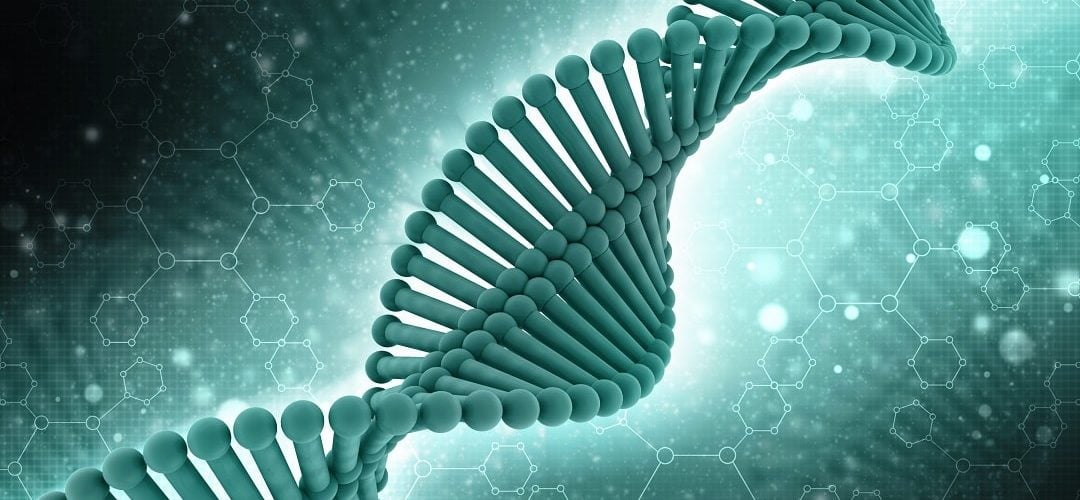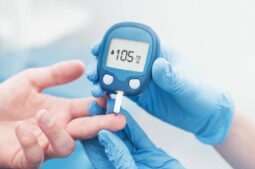

Preimplantation Genetic Testing (PGT) is used to examine the genetic and chromosomal makeup of a pre-embryo in the laboratory before it is implanted into the maternal womb. Like many scientific advances, this is a breakthrough that might hold the promise of hugely significant benefits to both individuals and scientific communities but also carries the potential for misuse. These potential uses of the technology in ways that were not part of the original intention have raised ethical concerns for current and future applications.
In this article we explain how PGT works, and look at a range of preimplantation genetic testing pros and cons. We explain the situations in which it can provide benefits for a variety of people who may not otherwise have the ability to become parents, and review a number of ethical concerns around PGT.
How does preimplantation genetic diagnosis work?
Preimplantation genetic testing (PGT) is a technique used as part of the in-vitro fertilisation (IVF) process to genetically assess the content of an embryo. To be able to study the genetic makeup of pre-embryos in the laboratory, it always involves IVF treatment.
The process consists of ovarian stimulation to obtain oocytes, followed by fertilisation to create embryos. Embryo biopsies can be performed after three or five days following fertilisation, being the latter the most trendy approach. In this process few cells are micro-surgically extracted from the trophoblast (the part of the embryo that will become later on the placenta), without damaging the actual embryo. After the testing, the pre-embryos are then frozen awaiting for the results to come back, After this, only healthy embryos are selected for transfer to the maternal womb as part of the normal IVF procedure.
Who can benefit from preimplantation genetic testing?
There are different indications for PGT. To begin with, there are more than 600 conditions in which a specific gene is the known cause and therefore PGT can be used to test for it in the embryo, minimizing the risk of a couple having an affected child by the disease. Additionally, PGT can be used to detect chromosomic abnormalities that can lead to a failure of implantation, a miscarriage or a baby with a syndrome (i.e. Down’s syndrome). Last but not least, PGT can help couples at high risk of transmitting a known genetic condition on to their offspring. The most common conditions are Fragile X syndrome, Huntington’s disease and Muscular Dystrophy.Taking the above into account, a wide variety of people can benefit from the technology, including:
Couples at risk of having a genetic condition in their offspring or those who have already terminated a previous pregnancy because of that reason of
- couples who have a medical history of repeated miscarriages or implantation failures (after natural or assisted conception)
- women over 38 years old, where the risk of genetic and chromosomal alterations is known to be higher.
- as part of a prenatal diagnosis, to avoiding the need of terminating a pregnancy if the baby has a syndrome or is affected by a genetic condition
The pros and cons of preimplantation genetic diagnosis
From the facts set out above, the advantages of PGT are very clear. A further benefit which arises as a natural result of the chromosomal screening process is an increased IVF success rate per embryo transfer, and thus an improved chance of having a healthy baby per embryo transfer What about the cons? Are there really any potential disadvantages? Unfortunately, yes, and they are all to do with moral judgements and the complicated field of the ethics of genetic selection. The most obvious misuse of the technology would be to select the gender of the offspring for social rather than medical purposes, but there are others.
Some people hold the belief that life begins at conception and that the destruction of an embryo, even a pre-embryo that has not been implanted in a maternal womb, is therefore morally wrong. Other reservations and concerns are to do with the efficacy of PGD in that, while it significantly reduces the chance of having a child who carries a genetic disorder, it does not at present eliminate the risk completely and in some cases, further testing at a later stage of the pregnancy is needed. There is also the fact that in some conditions, although they are genetically present, the disease only displays symptoms when individual carriers reach middle age. Clearly there is still room for advancement in both the technology and in reaching a consensus about ethical acceptability and good practice.
How can IVI help?
IVI has been at the forefront of developments in PGT for many years. We achieved a world first in 2006 using assisted reproduction with PGT, with the birth of a baby to a couple where one partner was a carrier of lymphohistiocytosis.
IVI now has a dedicated laboratory where each case requiring PGT is examined on an individual basis. This level of personalised treatment, combined with the expertise and experience of our embryologists with our subsequent high success rates, has resulted in IVI laboratories being recognised as a benchmark for the technique in Spain. This is illustrated by how other Spanish health centres make use of our services to carry out these types of analysis for their own patients.
If you see yourself in any of the scenarios mentioned above , you can find out more about the help available from our website which is always kept up-to-date with the most recent advances in technology. You can also see our success rates for yourself – these continue to improve over time thanks to techniques such as PGT. When you feel ready, go ahead and get in touch with us at IVI.




Comments are closed here.